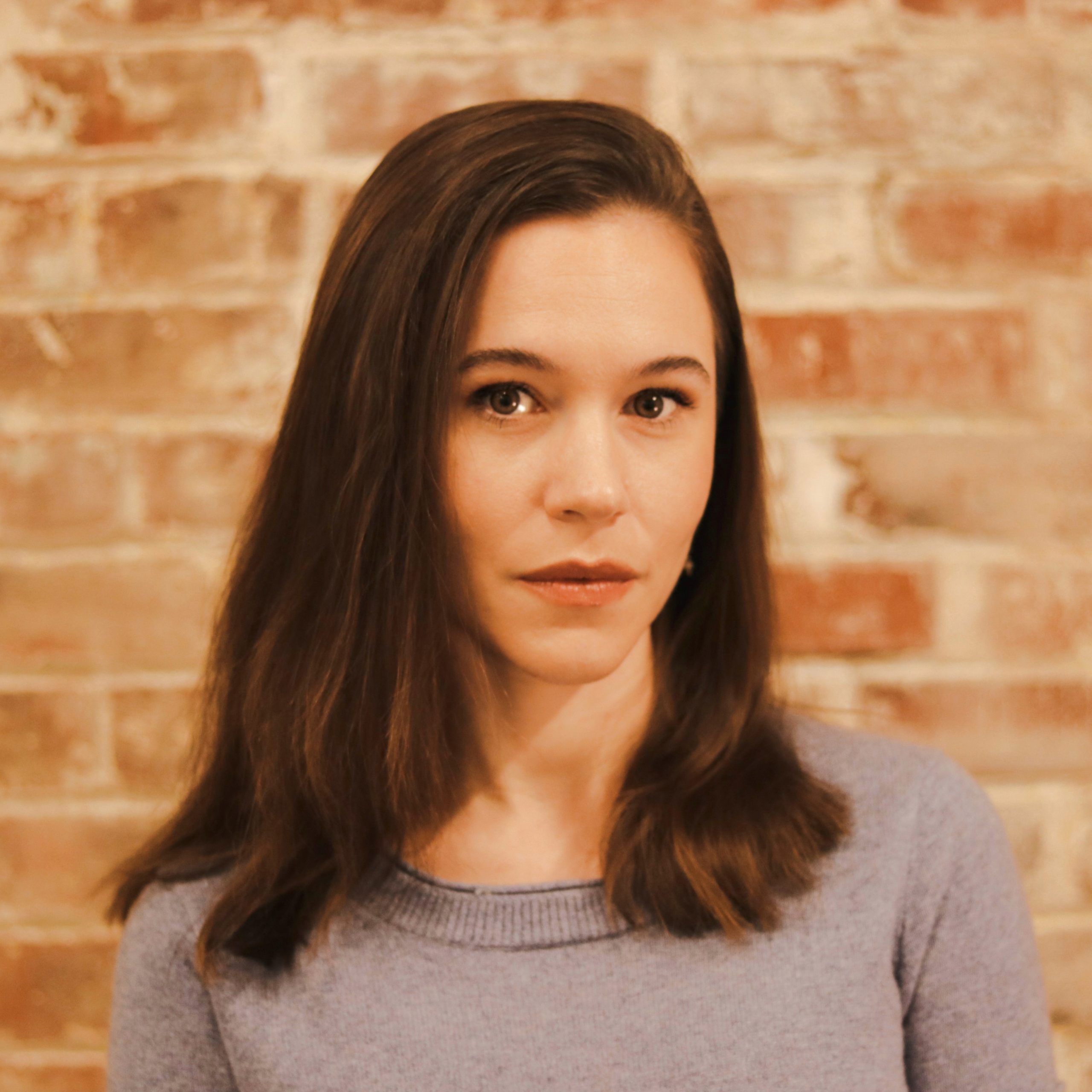LTF Hour Discussion: Applying to the Teaching Scholars Program
Event date: November 6, 2020
LTF Hours are one-hour, informal discussions among graduate students on a range of teaching-related topics. Each LTF Hour session is facilitated by two Lead Teaching Fellows (LTFs), who serve as liaisons between the English department and the Center for Teaching & Learning at Columbia.
In this LTF hour, we discussed applying to teach in Columbia’s GSAS Teaching Scholars Program, a competitive funding opportunity available to select English PhD candidates, usually during their sixth year of study. Teaching Scholars Elleza Kelley and Kevin Windhauser (Senior LTF) shared insight into crafting successful application materials. Columbia’s Department of English and Comparative Literature will offer their original courses—Counterarchives: Contemporary Black Historical Fiction and Renaissance England and the Poetry of Experiment—during the Spring 2021 term. An edited summary of the discussion follows, with sub-topics and facilitator or attendee questions in italics.
Basic information about the Teaching Scholars application process
Kevin Windhauser (KW): The approval process is a two-step dance. First, a small departmental committee selects applicants to nominate (usually five). Then, the department forwards their nominees to GSAS to review. GSAS generally approves the candidates whom the English department has nominated. If the department likes your syllabus but has a sense that there’s something bureaucratic that GSAS won’t approve, they will invite you to revise that element before submission to GSAS.
Because qualifying applicants must be ABD but cannot postpone their fellowships, most English and Comparative Literature candidates apply in their fellowship year (fifth year) while anticipating their sixth year of funding.
Teaching Scholars syllabus design
Importance of syllabus
KW: Your course syllabus is the key component of your application. You will also submit a form certifying your eligibility and sharing your teaching experience, but it is your syllabus that will persuade the departmental selection committee to nominate you.
Course topic and scope
KW: The first time I applied, I made the mistake of applying with a syllabus that resembled my own research too closely. The department, in the past, has struggled to fill courses that are hyper-focused on graduate student research. Instead, I recommend broadening your course topic to one adjacent to your dissertation research; find that sweet spot between a topic you are uniquely qualified to teach, but also one that has broad appeal to undergraduate students. Your course description, even more than your readings, is the best place to signal your intended audience.
Elleza Kelley (EK): My experience mirrored Kevin’s. When I applied with a syllabus taken directly from my research, the topic was too narrow. I reframed my course description and reading list to pique the interest of upper-level undergraduates. It’s also important to remember that this syllabus is not an orals reading list. Include key secondary scholarship while emphasizing primary texts.
Relationship to other departmental course offerings
KW: I recommend consulting with faculty in your field about which courses they will offer in the year for which you are applying to teach. Generally, faculty have some sense of the course catalogue before it is announced. With this knowledge, you can craft a more compelling proposal and avoid being duplicative.
EK: Look too at past offerings in the department to get a sense of whether courses that resemble the one you want to teach have been taught before. You can shape your proposal and increase your chances of success by identifying an historical gap in the departmental course offerings.
KW: To find these gaps, you can also think about teaching in a genre or a methodology that the department has not historically offered, in order to maximize your value-add.
Is there a rule of thumb for the number of pages of reading per week such that the syllabus is rigorous but not overloaded?
EK: Consider the density of the content, not just the length. For instance, undergraduates can digest some novels under 200-pages in one week, but a novel like Beloved, though not overly long, might require three weeks because it is so emotionally draining. In weeks that students read secondary literature, attempt to reduce the amount of primary reading. As a rule of thumb for criticism, I assign the introduction or one chapter of a monograph.
KW: The reading load does not have to be distributed entirely equally across the weeks. If you have one particularly heavy week of reading, you might attempt to balance it with a light week.
EK: In the end, my syllabus featured half the volume of reading that I included in my first application. As a general guideline, recognizing the limited classroom time each week, I recommend taking whatever you want to read in the course and dividing it by half.
Teaching Scholars pedagogy
The application materials ask us to highlight innovative teaching strategies. How did you approach that aspect of the application?
KW: I assign a commonplace book exercise, a very nerdy assignment, steeped in my period of study, which students enjoy. I also assign a combination of long and short papers.
EK: Consider innovation in terms of what you are teaching, not just how you are teaching it. Your innovation might involve offering a course that expands upon the departmental curriculum.
Have you considered reformulating TS assignments or pedagogy for online instruction?
EK: I am re-examining my reading load and considering assigning only portions of some texts. Additionally, I am assigning a creative final project and an annotated bibliography to cover course material while slightly reducing students’ workload.
KW: Similarly, I am scaling back some of the workload for the Zoom environment. I have built in more asynchronous work like the commonplace book exercise.
Other questions about the Teaching Scholars Program
How many students do you anticipate having in your course?
KW: The course will run if 4-15 students sign up. I think that 8-12 students would be the ideal enrollment.
Post-discussion follow-up question: Spring 2021 course registration is now underway, and both of your courses have attracted more than the 15-student maximum enrollment. Do you have any additional reflections on enrollment?
EK: This demand speaks to the previous recommendation about finding gaps in the existing departmental course catalogue; there is clearly a desire among undergraduates for more contemporary African American literature courses.
KW: I second this point. All three English & Comp Lit Teaching Scholars courses being offered in the spring are over-enrolled. This pattern suggests a real hunger among undergrad humanities majors for more literature seminars.
EK: To prepare to admit students from the waitlist, I recommend formulating a clear sense of how you would like your course to be composed in terms of students’ majors and disciplinary concentrations.
If my Teaching Scholars application is successful, what do I teach in the other semester of that funding year?
KW: Generally you teach in the University Writing Program or you TA.
EK: If you opt to TA and you work in an interdisciplinary field, you can take the opportunity to round out your resume or brush up on another teaching field. I recommend making this TA experience useful and directed toward the job market or a skill or field of expertise that you are working to develop. For instance, if you are interested in writing studies jobs, you could also work in the Writing Center.
The application form asks whether I would prefer to teach in the fall or spring semester. Is there a strategic way to respond?
EK: Think about what works better for you personally. Would you rather be teaching while compiling job market materials (fall) or while trying to polish off your dissertation introduction and file (spring)? Many job applications ask you what you will be doing in the spring, so it can be nice to have your upcoming course to discuss.
Catherine (Kate) is a PhD candidate in the Department of English & Comparative Literature. She specializes in modern and contemporary British theatre and performance. A current Lead Teaching Fellow at Columbia’s Center for Teaching and Learning, Kate has taught theatre and writing courses at Columbia University, Barnard College, and Taconic Correctional Facility.







